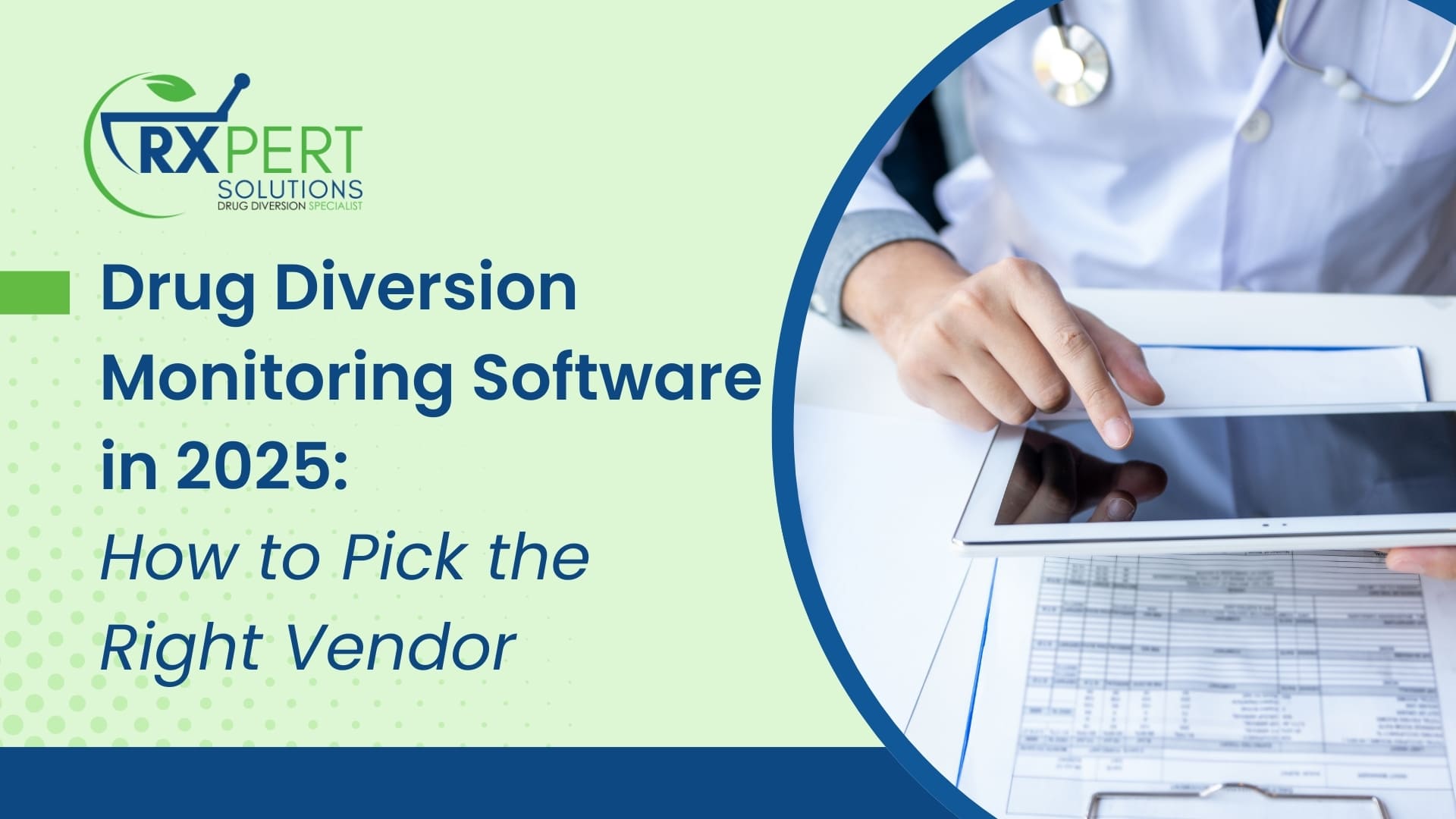Involvement with the LA Surge Hospital has reminded me of how much of the pie the Pharmacy Department has their fingers in. Because the medication use process is so pervasive within a hospital, we must constantly scan for all the areas and needs that can fall short when it comes to hospital operations and medication management. A Pharmacy Director needs to be cognizant of all those things that aren’t technically our “responsibility” but will result in a halting of operations if it is not done well. We are not in charge of Central Supply, but it is certainly in our best interest to be sure they are processing orders for IV fluid, irrigation fluid, saline flushes, syringes, etc. Pharmacy is not in charge of stocking the nursing units with supplies, but you can bet operations will slow down if nurses don’t have their mini-bag plus up there! The pharmacy only owns two drawers of the crash cart contents, but we certainly have some ownership in confirming the other contents, placement on floors and security piece of it. Don’t forget the MH cart! Waste bins are essential although not ultimately managed by pharmacy, but we need to make sure they are in place and being managed. Then there are office supplies we take for granted. You know how a pharmacy can run through paper, and paper would just show up at all other hospitals I’ve worked at. Well, not at a newly, quickly opened hospital. Let’s not forget security issues. How is entry into the pharmacy granted and monitored? How are ADM privileges monitored? There are drug protocols that need to be developed and don’t forget in this day and age with shortages, who is going to grant permissions for pharmacists to make auto-substitutions? Staff training and workflow development on the fly is a whole different ball game from the systematic 4-6 week training we are used to. Although we always have double checks in place, do we allow staff we have no history with into the narcotic vault or do we restrict the activity to pharmacists?
Processes are evolving regularly and flexibility is key. I think I have redone the first month’s schedule about 6 times as we continue to add more staff to the lineup. My head is on a constant swivel and so grateful for others around me that point out things that I have missed so they can be addressed. We need to constantly look for the things that are not normally overseen by pharmacy but certainly impact pharmacy services as well as things we take for granted but actually require initial startup by someone! Flexibility and peripheral vision – the name of the game when opening a new hospital.
Intelligence is the handmaiden of flexibility and change–Vernor Vinge





